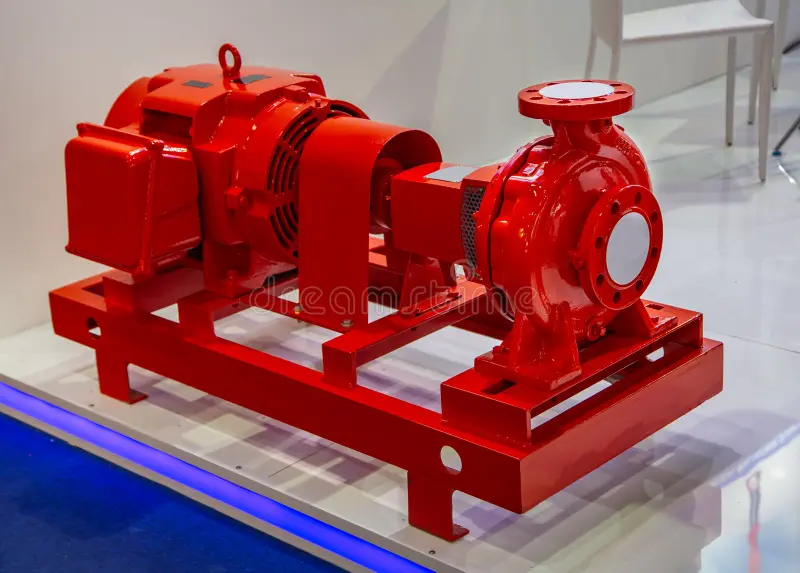1. Overview of Fire Water Pumps
Fire water pumps play a critical role in safeguarding lives and property by delivering a reliable water supply in the event of a fire. They are typically installed in buildings, factories, and other structures where fire safety is essential. These pumps are designed to start automatically or manually in emergency situations, drawing water from a storage source and directing it to firefighting systems. By maintaining adequate water pressure, fire water pumps ensure that sprinklers, hoses, and other firefighting equipment can function effectively, helping to control or extinguish flames quickly. Understanding the mechanics and benefits of these pumps is essential for anyone involved in fire safety.
2. How Fire Water Pumps Operate
Fire water pumps work by taking in water from a reliable source, like a reservoir or tank, and boosting it to a higher pressure suitable for firefighting purposes. When a fire detection system triggers an alarm, the pump initiates operation, typically through an automatic start mechanism. Once activated, it continuously pumps water through the firefighting system until the fire is under control or water supply is shut off. These pumps come in different configurations, including electric, diesel, and steam turbine-powered types, allowing them to operate in various settings. Each type is built to ensure dependable performance under emergency conditions, offering peace of mind in high-stress situations.
3. Types and Specifications of Fire Water Pumps
Fire water pumps come in several varieties, each designed for specific applications and settings. The most common types are centrifugal pumps, which are favored for their simplicity and ability to deliver high volumes of water at constant pressures. Some facilities use split-case pumps, which are more efficient and durable, while others might require vertical turbine pumps for specialized setups. The choice of pump often depends on factors like required water pressure, distance to water sources, and building size. Specifications can vary widely, and understanding these details ensures that the chosen pump will meet the building’s unique safety needs. Properly selected fire water pumps significantly enhance the fire suppression capabilities of any facility.
4. Importance of Regular Maintenance and Testing
Maintaining and testing fire water pumps is crucial to ensure their functionality during an emergency. Regular inspections can reveal potential issues like corrosion, clogs, or wear on components, all of which can compromise pump performance. Fire safety regulations typically require scheduled testing, where pumps are operated under simulated fire conditions to verify they function correctly. Preventative maintenance helps extend the life of the pump and ensures compliance with safety standards. This routine upkeep not only provides reliable firefighting support but also reduces long-term repair costs, proving to be a wise investment for building owners and facility managers alike.best china fire pump Manufacturer



